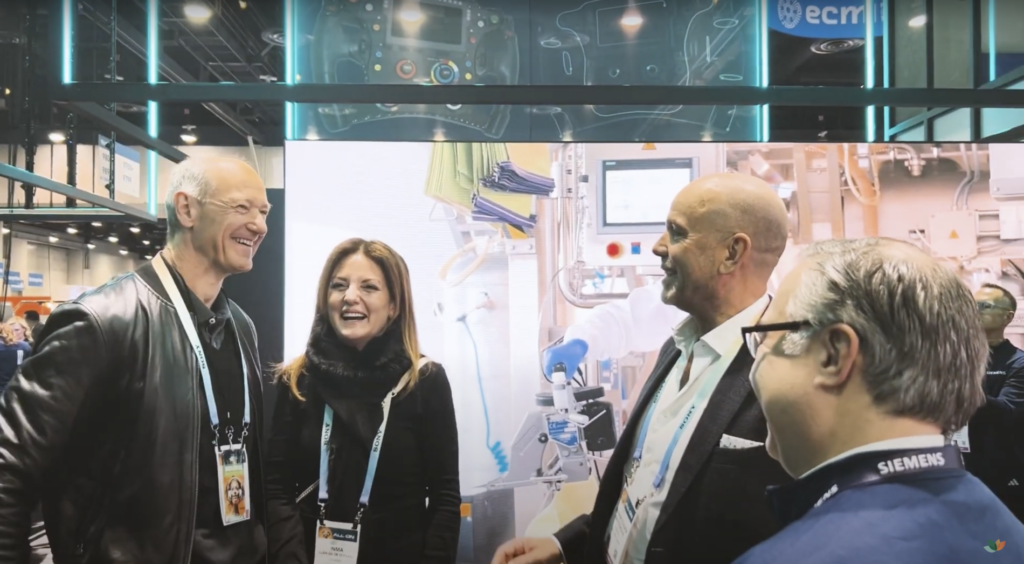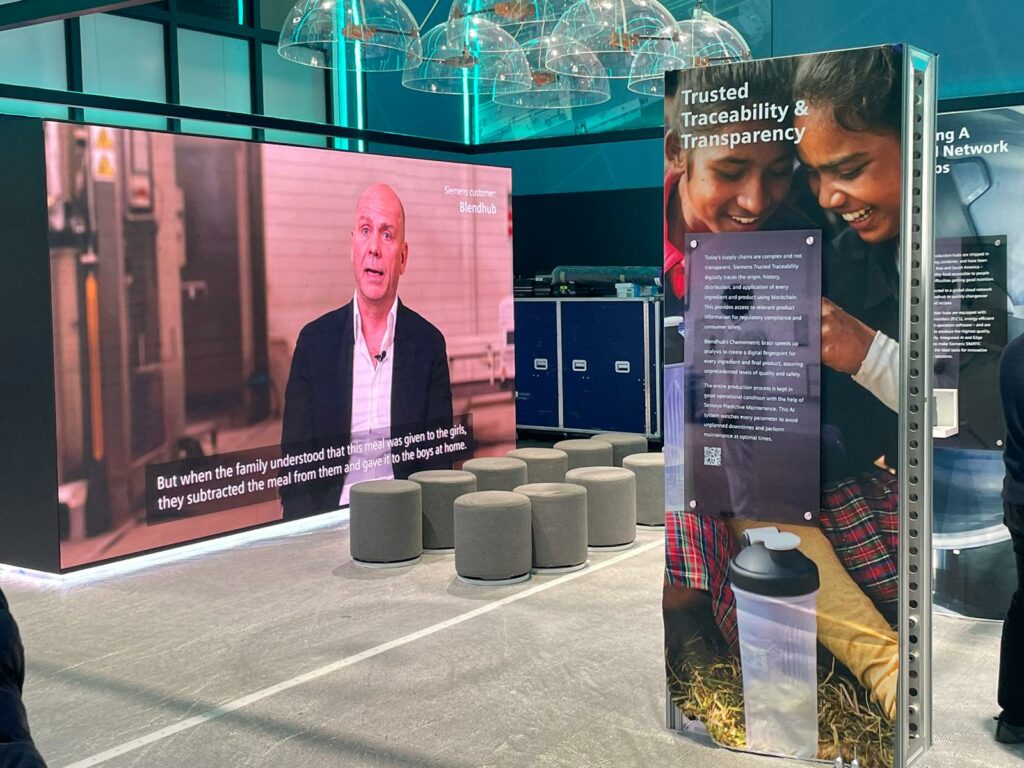From the point of view of companies, successful implementation of Open Innovation requires balancing many aspects such as the internal resistance and the objectives to be achieved. In a previous post I talked about facilitators, but Open Innovation also requires a change in the companies’ organizational culture towards a more decentralized approach; a supportive business system, a knowledge management, and, of course, a strategy.
Some negative attitudes usually present in corporate culture and what must be overcome before opening to work and collaborate with new partners. They are:
The “Not Sold Here”. The “Not Invented Here”
Moreover, in a chapter of the book A Guide to Open Innovation and Crowdsourcing, Braden Kelley proposes a series of key questions to answer before developing an Open Innovation strategy consistent with the interests of a company.
They are based in answering: Why?, When?, What?, Who?, When?, How?
In his article, Kelley also lists the departments within the company that have to be involved in the Open Innovation strategy. They are the following:
Public Relations: It has to broadcast efforts.
Marketing: To target and communicate with the audience of the company in addition to evaluating new market opportunities for ideas.
R&D: These teams evaluate outside inputs, set collaboration channels with external sources, and complete and combine partial solutions.
Finance: Measure and assist with market projections.
Operations: Evaluate proposed solutions for new products or services
Human Resources: Guarantee to flexibility within the company’s chosen innovation programs in addition to facilitate the submission of ideas to those programs.
Legal: To forge agreements with collaborators by protecting the IP.
The presentation below reflects the ideas discussed in the book by Kelly.



